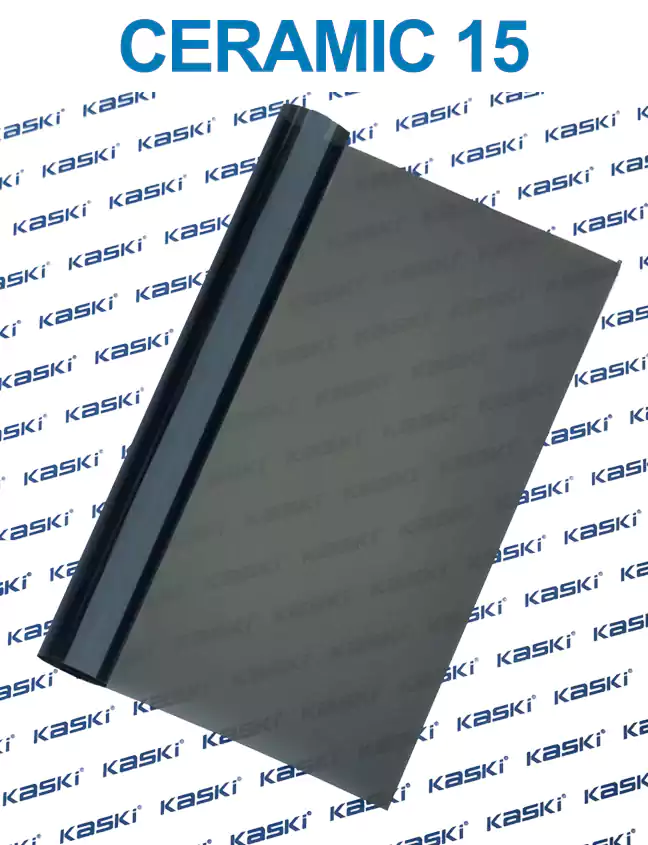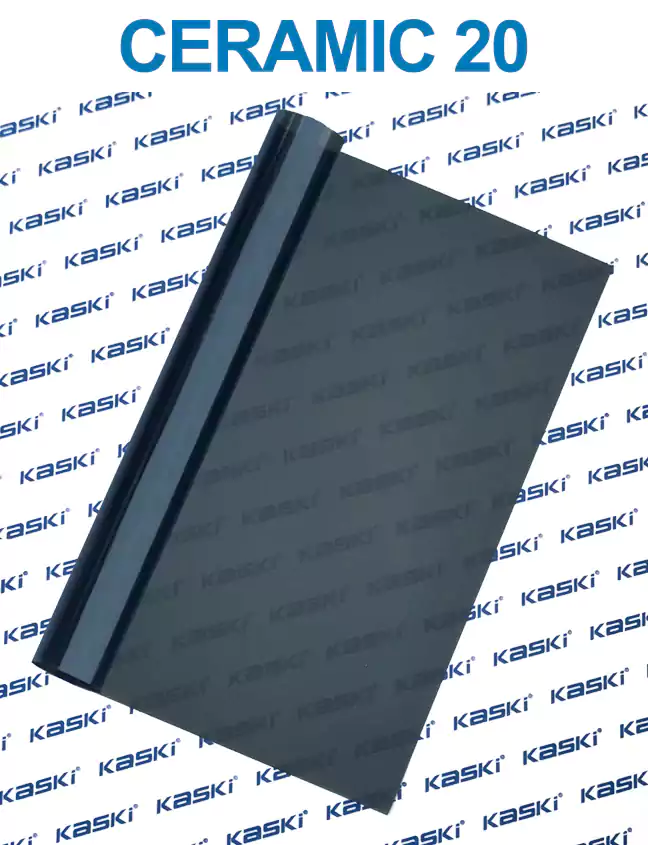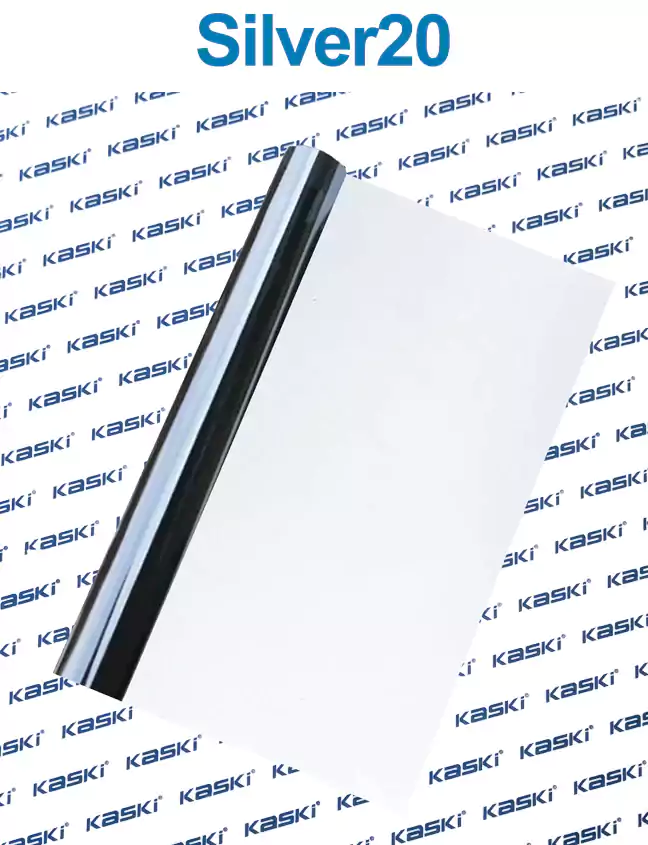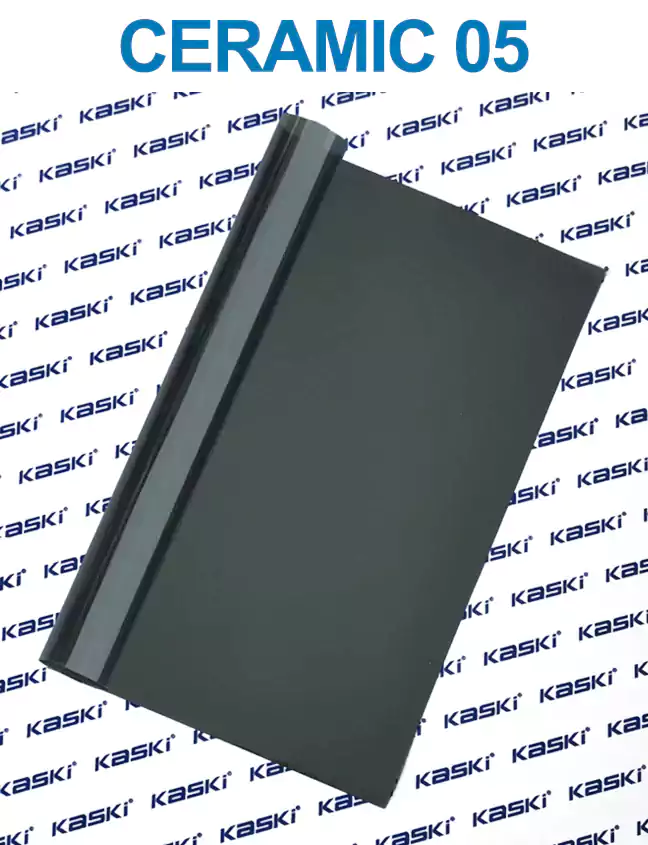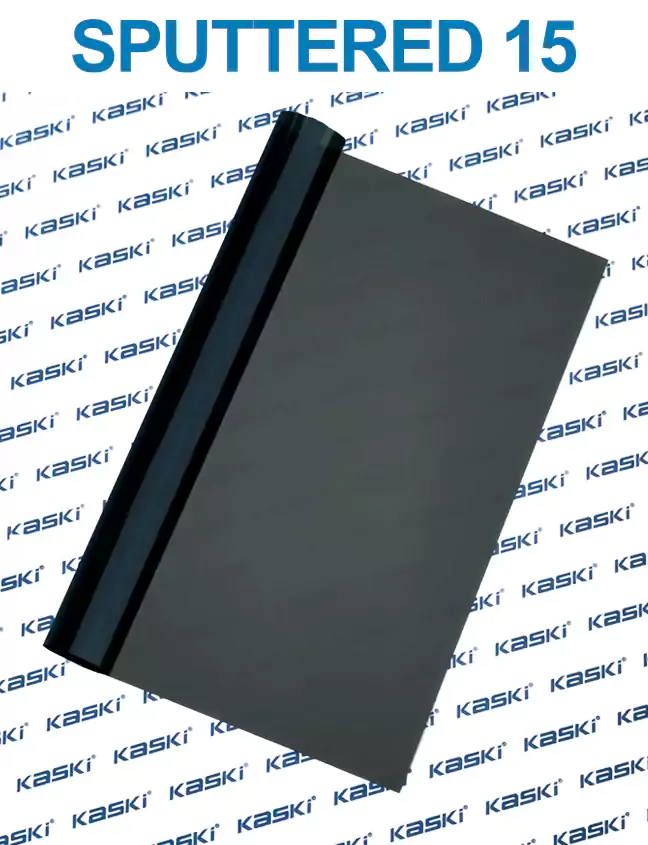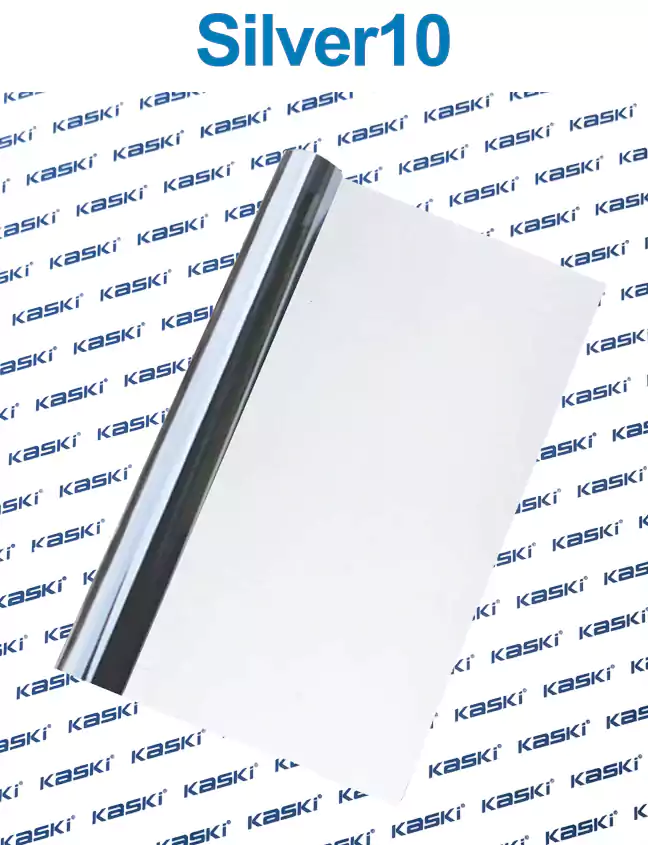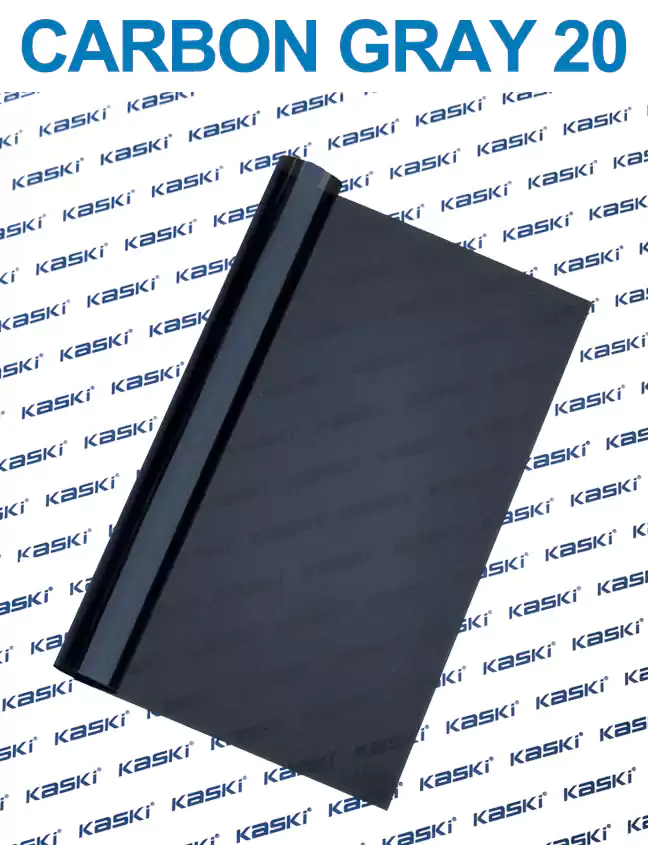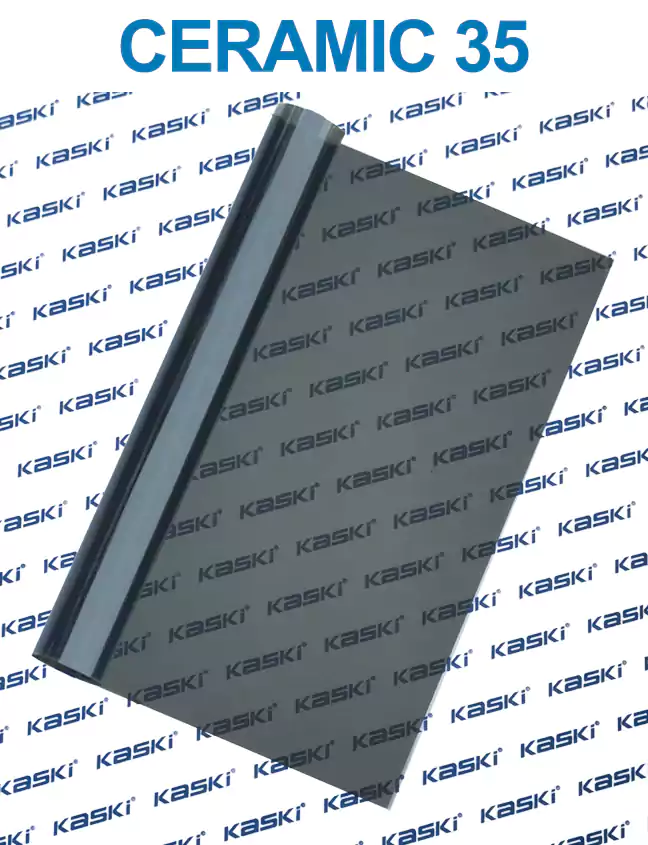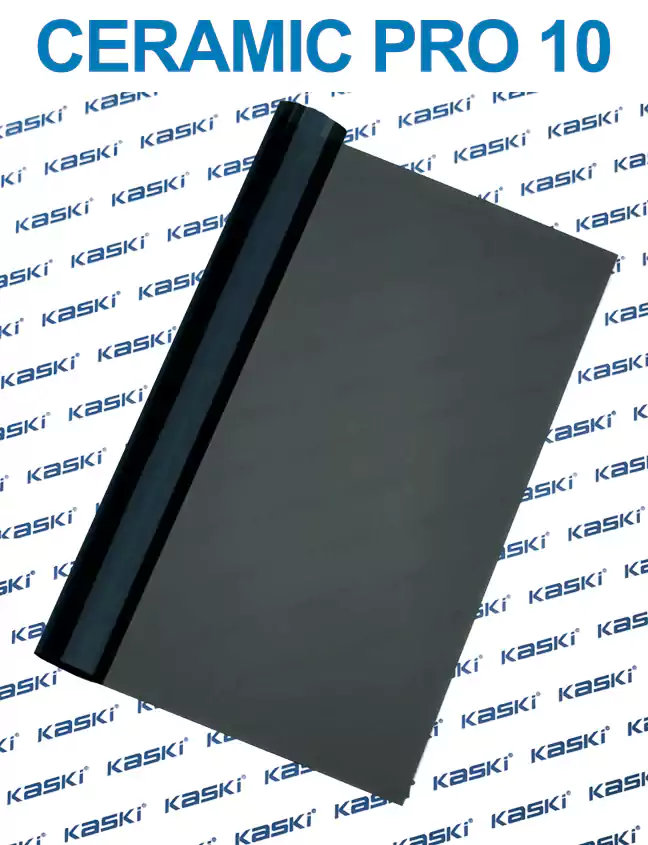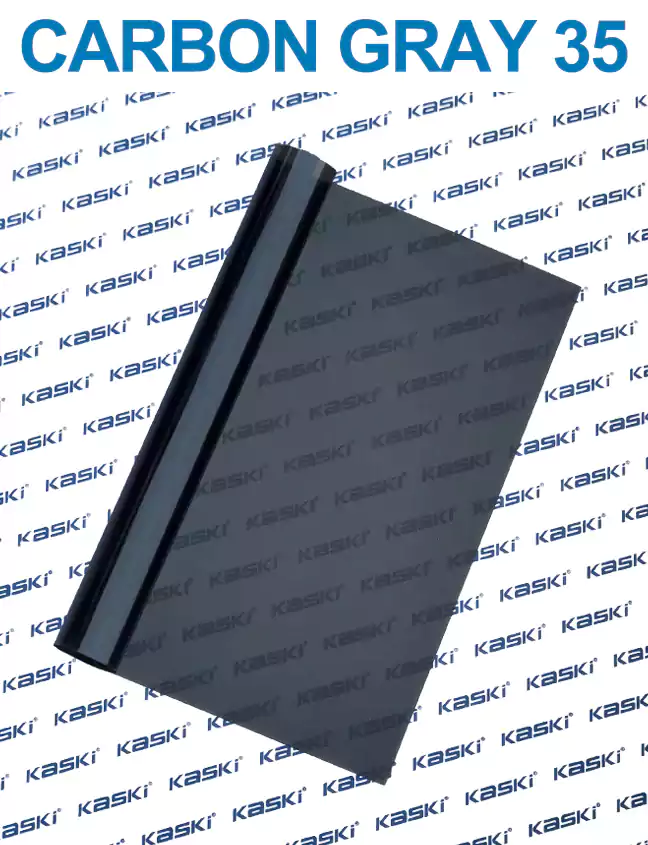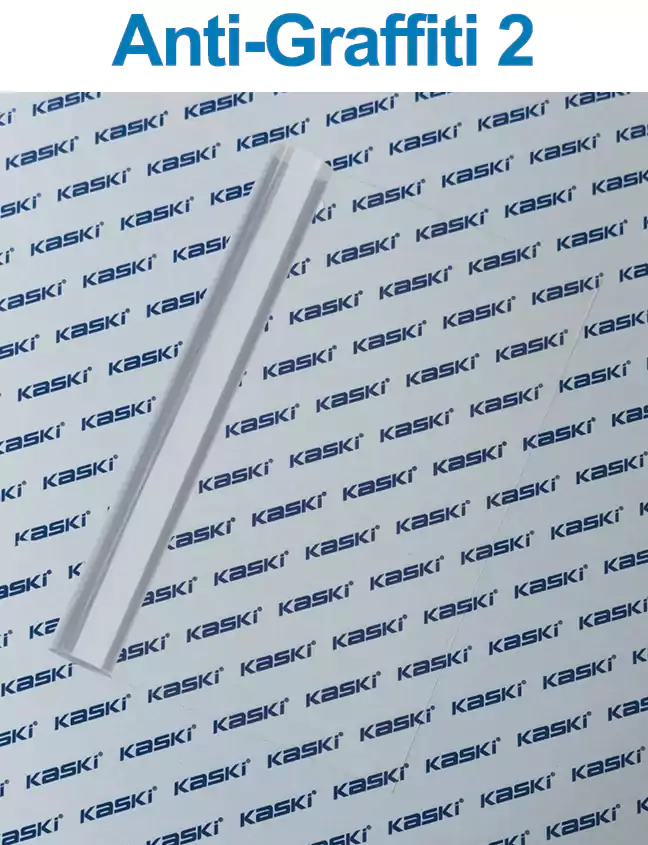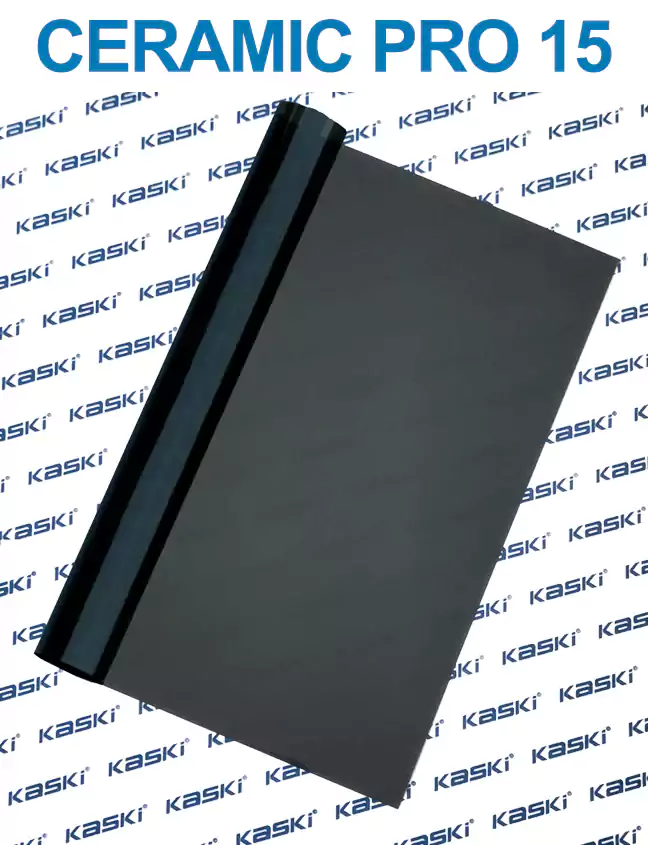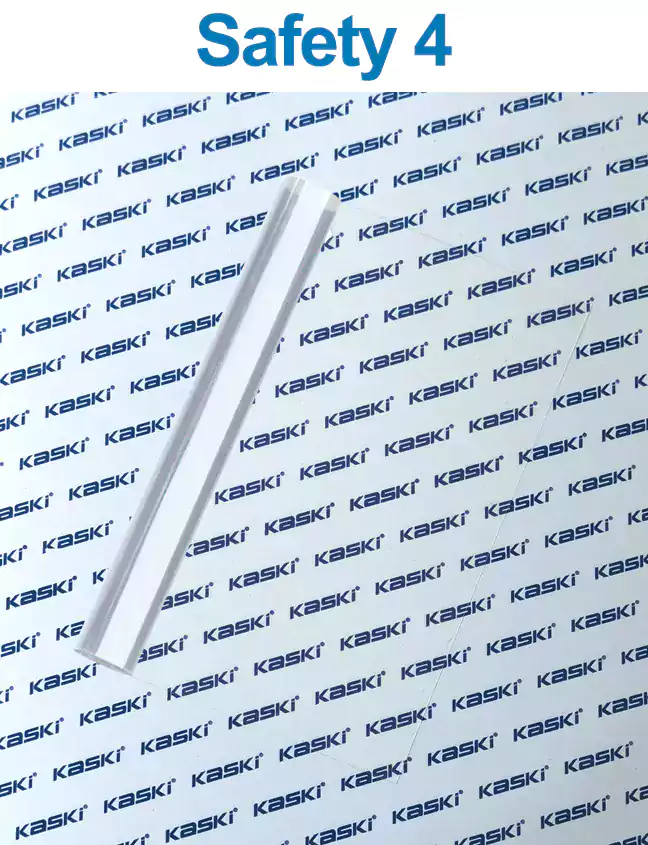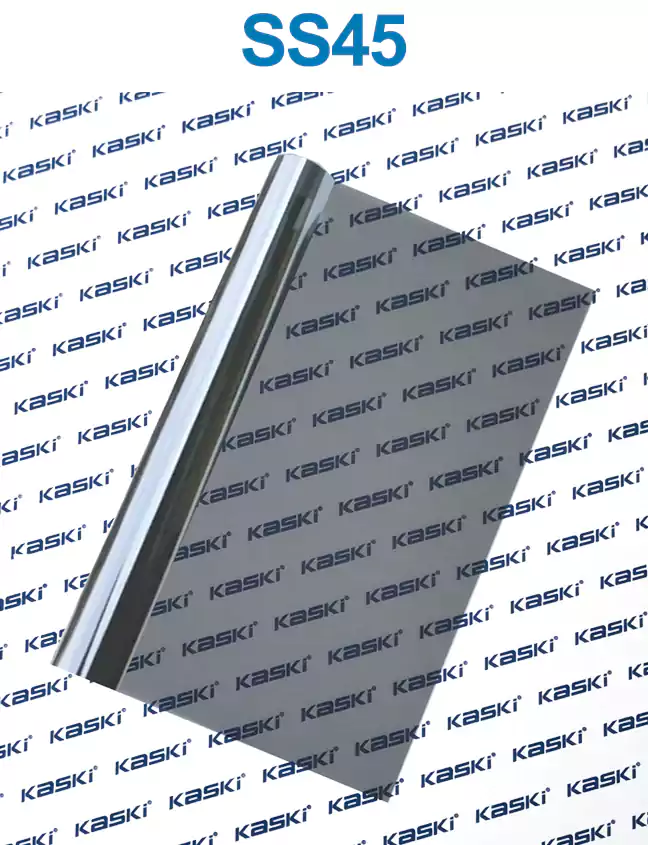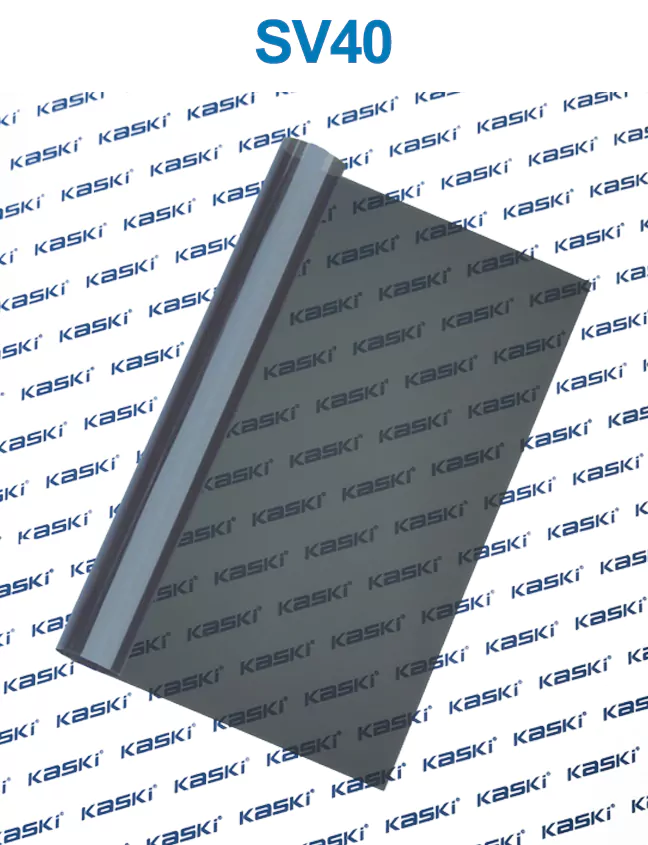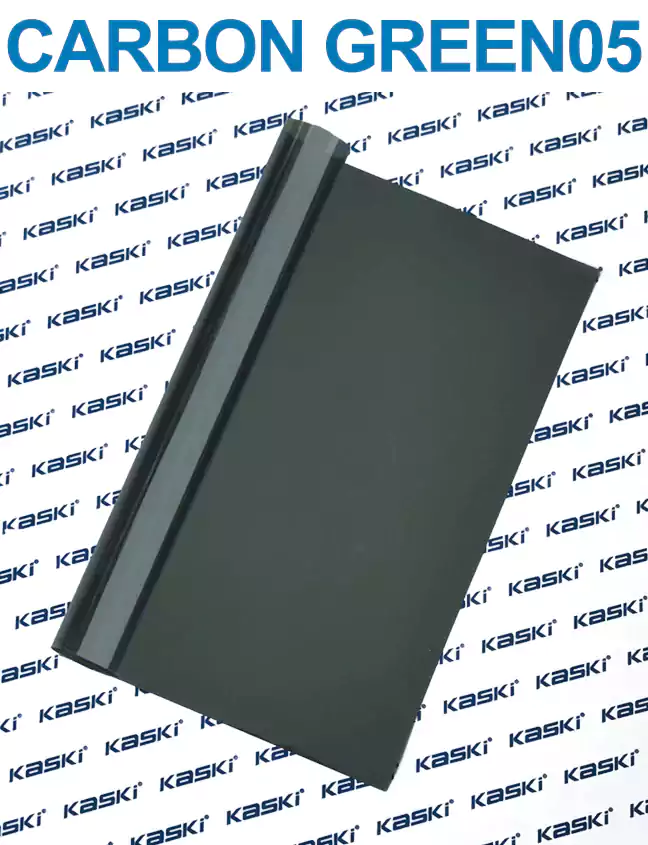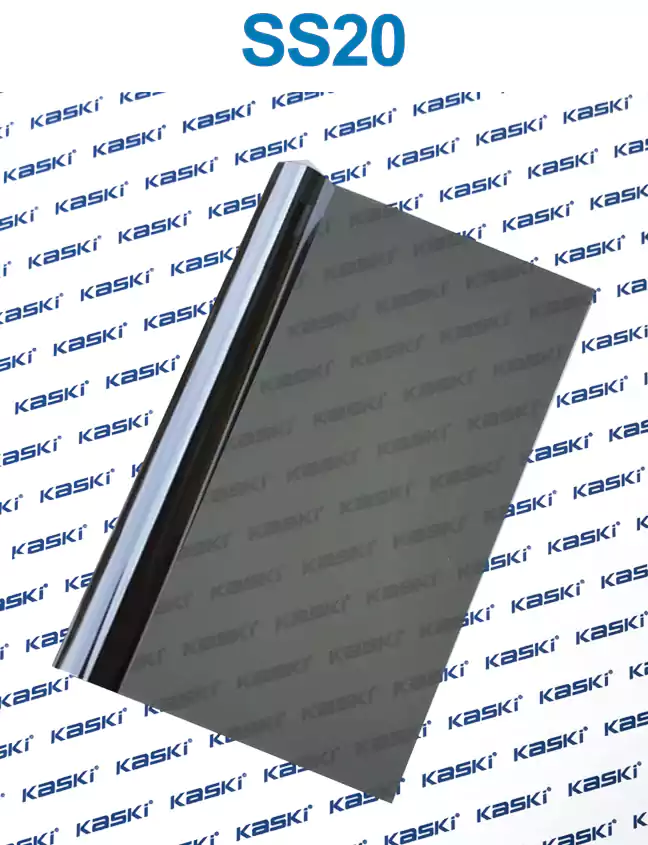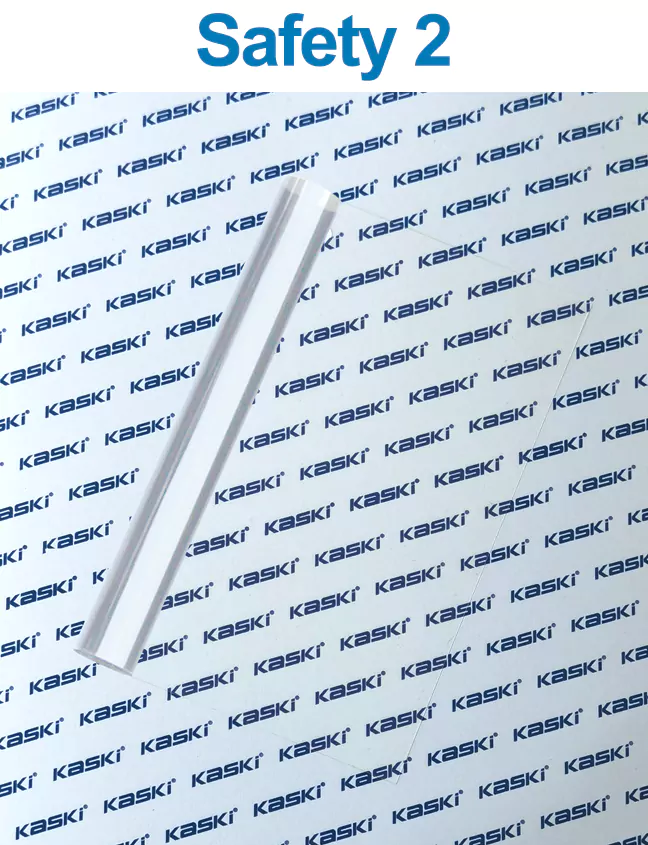Automotive window tinting is a popular and practical solution for enhancing the comfort, safety, and appearance of your vehicle. Whether you're looking to reduce glare, block harmful UV rays, or maintain a cooler interior, window tinting offers a range of benefits that make it a worthwhile investment for car owners.
In this comprehensive guide, we'll explore the principles of automotive window tinting, the advantages it offers, and provide a detailed installation case study to help you understand the process better.
The Principles of heat control window film
Window tinting films are designed to adhere to the interior surface of your vehicle's glass, creating a protective barrier against the sun's rays. These films come in a variety of shades, from light to dark, and are made from durable, high-quality materials that are engineered to last.
The primary function of window tinting is to reject the sun's heat, which can significantly reduce the temperature inside your car. By blocking up to 99% of harmful UV rays, window tinting helps to protect your skin, as well as the interior of your vehicle, including decorative curtains and blinds.
Advantages of Automotive Window Tinting
1. Increased Comfort and Energy Efficiency: By rejecting the sun's heat, window tinting can help keep your car's interior cooler, reducing the need for excessive air conditioning and improving energy efficiency.
2. Reduced Glare: Tinted windows can effectively reduce glare from the sun, making it easier to see the road and improving overall driving visibility.
3. Enhanced Privacy: Tinted windows provide an added layer of privacy, making it more difficult for outsiders to see into your vehicle.
4. Improved Appearance: Window tinting can enhance the overall aesthetic of your vehicle, giving it a sleek and stylish look.
5. Protect Interior Furnishings: By blocking UV rays, window tinting can help prevent fading and damage to your vehicle's interior, including upholstery, dashboards, and other decorative elements.
6. Increased Safety: In the event of an accident, tinted windows can help hold the glass together, reducing the risk of shattering and potential injuries.
A Detailed Installation Case Study
To provide a better understanding of the heat control window film process, let's explore a detailed installation case study.
In this example, we'll be tinting the windows of a 2019 Toyota Camry. The car owner opted for a medium-dark tint, which provides a balance between heat rejection and visibility.
The installation process began with a thorough cleaning of the vehicle's windows, ensuring a clean surface for the tinting film to adhere to. The technician then carefully measured each window and cut the tinting film to the appropriate size, ensuring a perfect fit.
Next, the tinting film was carefully applied to the interior surface of the windows, starting with the side windows and then moving on to the rear glass and windscreen. The technician used specialized tools to smooth out any air bubbles or wrinkles, ensuring a seamless and professional-looking finish.
Once the tinting film was in place, the technician allowed the adhesive to cure for a specified period, typically 24-48 hours, to ensure maximum adhesion and durability.
Testimonials
"I'm so glad I decided to get my car's windows tinted. The difference in temperature inside the vehicle is remarkable, and I no longer have to deal with the intense glare from the sun. The tinting also looks great and really enhances the overall appearance of my Camry." - Sarah, 32, Accountant
"Automotive window tinting was one of the best investments I've made for my car. Not only does it keep the interior cooler and more comfortable, but it also provides an extra layer of privacy and security. I highly recommend this service to anyone looking to improve their driving experience." - Michael, 45, Small Business Owner
In conclusion, heat control window film is a practical and versatile solution that offers a range of benefits for car owners. From increased comfort and energy efficiency to enhanced privacy and improved safety, the advantages of window tinting make it a worthwhile consideration for anyone looking to enhance their vehicle's performance and appearance.

